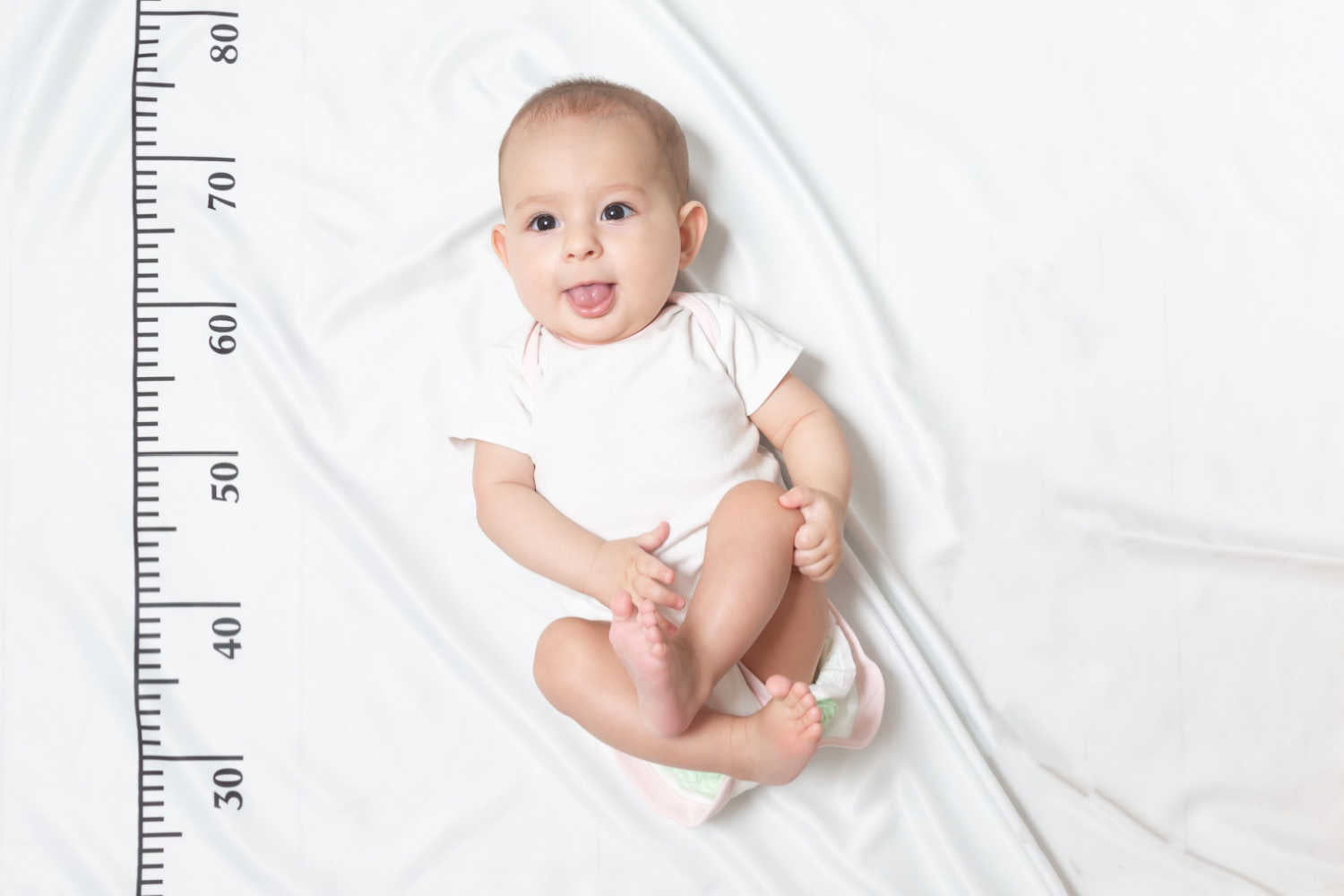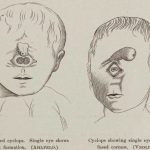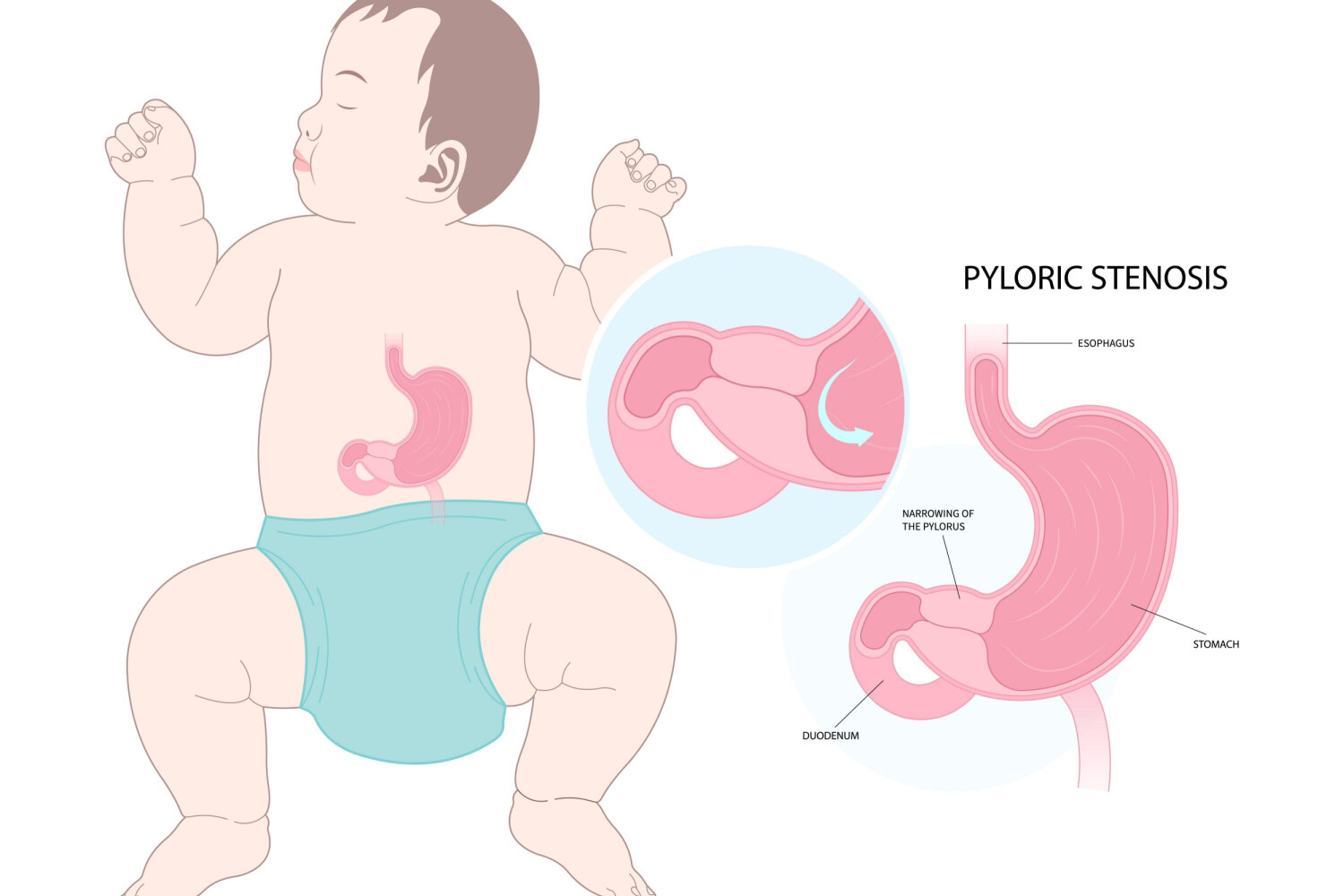
Baby’s Sense of Taste Development – Timelines And What to Expect
6 min readWritten by Gunjan Bedi


Baby’s sense of taste development starts from the time when they are in their mother’s womb. By the end of 9 weeks of pregnancy, the baby’s tongue and mouth are formed along with taste buds. This means they can taste what their mother is eating through amniotic fluid. Infants are born with a complete sense of taste, but breast milk is the first taste they experience.
As they grow and shift to other foods, your baby can experience the flavors that they were experiencing inside the womb. If you want to expose your little one to different flavors, it is good to start exposing them during the pregnancy stage itself. Let’s have a deeper insight into the baby’s sense of taste development stages.
In This Article
- Do Newborns Have Sense of Taste?
- When Does a Baby’s Sense of Taste Develop?
- Baby’s Sense of Taste Development After Birth – Milestones
- When Do Babies Start Liking the Taste of Certain Foods?
- FAQ’s
Do Newborns Have Sense of Taste?
Newborn babies do have the sense to taste. At the birth time, babies have 10,000 taste buds active on their tongues. However, the first taste babies experience is sweetness, which is from the mother’s milk.
But when babies are inside the womb, they are surrounded with amniotic fluid. Some taste buds are also present on the mouth roof and in the throat lining. These taste buds contain taste receptors that send messages to the brain to identify the taste. Depending on the foods the mother is having, the fetus will able to smell and taste different flavors through the amniotic fluid.
Your born is also born with all the taste buds like an adult. They will experience all tastes when they start growing up or when their mother starts feeding them solid food.
When Does a Baby’s Sense of Taste Develop?

A baby is born with almost complete development of taste buds and receptors. The Baby’s sense of taste develops by the end of 9 weeks of pregnancy. Their tiny taste buds become active when they rise inside the mother’s womb. The infant is surrounded with amniotic fluid with which they can easily sense the taste of food their mother eats.
Moreover, babies inside the womb can even smell the food that the mother consumes through the amniotic fluid. But right after the birth, the foremost taste they will experience is the mother’s milk. Later, a mother can help them experience different food tastes when introducing them to solids starting at around 6 months of age.
Baby’s Sense of Taste Development After Birth – Milestones
While a baby can taste well at birth, their reaction to a different taste may change as they start growing. Let’s understand the various stages of baby’s sense of taste development after birth:
Birth to First Few Weeks (0 to 2 Weeks)
- Newborn babies have two times more taste buds than some adults, but they are extremely sensitive.
- The taste buds of babies work in tandem with a smelling sense, a training they receive when in the mother’s womb.
- Infants, at this stage, can even differentiate between others and their mum just by smelling.
- When babies are a few weeks old, they generally prefer to have sweet flavors even if they have a wide distribution of taste buds due to their exposure to the sweetness of mother’s milk.
First to Three Months (1 to 3 Months)
- When your babies turn three months old, they start exploring different things and love to squeeze anything and everything into their mouths.
- At this age, they are trying to experience different textures and tastes of food by putting them into their mouth and through their fingers. They explore tastes and textures through their tongue and mouth.
- During the first 3 months, babies can only distinguish between bitter and sweet tastes. They prefer to have sweet flavours instead of sour, bitter and other.
[Read : Baby Mouthing]
Four to Six Months (4 to 6 Months)
- Babies can easily sense the difference between savory, sweet, bitter, and sour tastes.
- At around five months old, they begin to react to the savory and saltiness.
- Though they can taste saltiness at this age, it doesn’t seem to be a good idea to give salt to the babies.
- Six months is the right time to introduce your babies to the textures and tastes of different foods.
- Many babies push away different food such as purees and look at this food suspiciously at first glance. But try to serve them over and over again. This way, they begin to know about the different textures and flavors of the food.They might reject it the first time, but if you continuously feed them, they will likely gain interest in the food.
- It is better to avoid forcing them to eat if they are still resisting. Sometimes babies do not like all the stuff you offer to them. So, understand their needs and slowly help them get familiar with different food tastes.
[Read : Baby And Solid Foods: When And How to Introduce]
Seven to Nine Months (7 to 9 Months)
- When your toddler is 8 months old, you may need to offer the food continuously. It’s ok if they reject the food but make sure to offer them repeatedly. Also, at this age, they can grasp(pincer grasp) things in their tiny hands, so you can give them food to hold and help them to explore different tastes.
- Try to give them fruits that are chewy but not so hard. If they reject it, then try different forms to see which form they like the food. This is the best way to develop taste and food textures in babies.
Ten to Twelve Months (10 to 12 Months)
- The majority of young babies fear trying new food (Neophobia), especially when they turn 12 months old. You may face inconvenience in teaching your babies about different food tastes at this stage. They may even push the food away and refuse to eat sometime, even if you offer their favorite food.
- You don’t need to worry because babies become furious, and it’s a normal part of their development. Keep in mind that toddlers may have sensitivity to touch, taste, and smell. They may face difficulty in handling new food tastes. So, try to give them simple flavors which they can easily accept.
When Do Babies Start Liking the Taste of Certain Foods?

Although your babies develop taste buds when they are in the womb, as they grow, toddlers start exploring different foods and may develop likes and dislikes. Once they shift to solid food, they begin to love a few food items and reject some.
They may reject the food items multiple times. Therefore, try to give them a different variety of food and notice their reaction. This way, they may like to eat those food items and start munching on them by themselves. Also, remember that babies do copy their parents and people around them.
A baby’s sense of taste takes foundation in the womb and continues to develop as they grow. For the first few months of life, they only know the sweetness of mother’s milk. Once they start solid foods, they get the opportunity to try out different flavors and textures.
Try to provide different food items so that they can learn and experience the flavor of food easily. As a mother, you can experiment with different food items, especially fruits, and give them to your little ones after you start introducing solids to them.
[Read : Finger Food For Babies: Everything You Must Know]
FAQ’s
1. Why Does My Baby Want to Taste Everything?
Your babies have sensitivity to taste and mouth. This is how they can explore different textures and tastes by chewing and squeezing everything around them. Moreover, they may attract different food textures and various food items. However, be sure to offer them simple food and slowly help them to experience other food items.
2. What Taste Do Babies Not Like?
Babies mostly like the sweet taste and dislike the bitter and sour taste. But as they grow, they start experiencing different tastes.
3. Why Does My Baby Reject the Food Items I offer?
Sometimes, babies don’t like the smell, taste, or texture of the food; that’s why they reject the food items you offer to them. But offer them food again and again. This is the only way they can learn about food taste and may start eating later.
Read Also: Baby’s Sense of Touch Development – Timelines and What to Expect

Gunjan Bedi,B.Sc (Biotechnology), M.Sc (Microbiology)
Gunjan Bedi an inspirational writer and story teller. My background in medical science make me a perfect content writer in parenting and medical content writing niche. My content has touched millions of readers within three years. Since past three years I have worked with several clients in different niche and provide easy to read content that readers love the most.Read more.
Responses (0)
Want curated content sharply tailored for your exact stage of parenting?
Related articles

Baby Growth Charts – Everything You Need To Know

Bedtime Fading Method of Sleep Training Your Baby – Know All About it

Kissing a Baby – Is it Safe?

Cyclopia in Babies – What is it , Symptoms and Risk Factors

Pyloric Stenosis in Babies – Causes, Symptoms & Treatment

Dry Fruit Powder For Babies – When to Introduce, Benefits & Side Effects
Sponsored content
Discover great local businesses around you for your kids.
Get regular updates, great recommendations and other right stuff at the right time.





